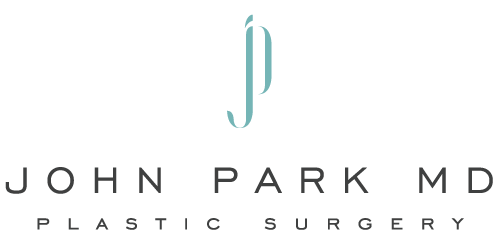
30 Dec Staying Hydrated: How Drinking Water After Anesthesia Helps Recovery From Surgery
Why Do I Need Water?
Drinking enough water is crucial at any time, but especially during surgery recovery. Up to 60% of the human body is water. Water helps regulate body temperature, aids cell growth, and flushes waste. And, water is crucial for wound healing and recovery from surgery.
Water and anesthesia
After surgery, anesthesia stays in the body for a short period. Drinking plenty of water can help flush the anesthesia from the system. During recovery, many people also take pain medications that can cause constipation. Water helps the digestive system work more efficiently, reducing this uncomfortable side effect.
Wound healing
Water is essential for helping blood carry nutrients throughout the body. These nutrients promote healing and a quicker recovery. Water also helps blood take waste products away from cells and out of the body. After a plastic surgery, hydration is even more important for healing incision sites and helping wounds drain properly.
How much water do I need?
Most people need between 6-8 8-ounce glasses of water each day. This is a good place to start, but some people may need even more water. People in larger bodies, hot climates, or who are very active typically need more than the 8×8 rule prescribes.
Is water the only source of hydration?
Water is the best, purest form of hydration. But many liquids have some hydrating effect, including teas and juices. Sodas, sugary drinks, and coffee aren’t very hydrating. People who consume a lot of these beverages may need to drink extra water to help flush out the sugar. In fact, most doctors will recommend avoiding all carbonated beverages after surgery, as these are often high in sugar content and may cause nausea, gas, or an upset stomach.
Don’t forget hydrating foods, too
People can also stay hydrated by eating foods that have a high water content. For example, watermelon, tomatoes, berries, and grapes are all hydrating foods. Even lettuce has a high enough water content to aid in hydration. Try to eat plenty of these fresh fruits and vegetables along with getting those daily 8 or more glasses.
Tips for upping your water intake
People who have trouble getting enough water may need to set daily water goals and create reminders or special alarms to prompt water drinking. Invest in a reusable water bottle for a visual reminder to drink enough water. Some people get an extra 3 glasses a day just by setting a rule to always drink a full glass of water before meals. For more tips during surgery recovery, speak with a healthcare provider.



